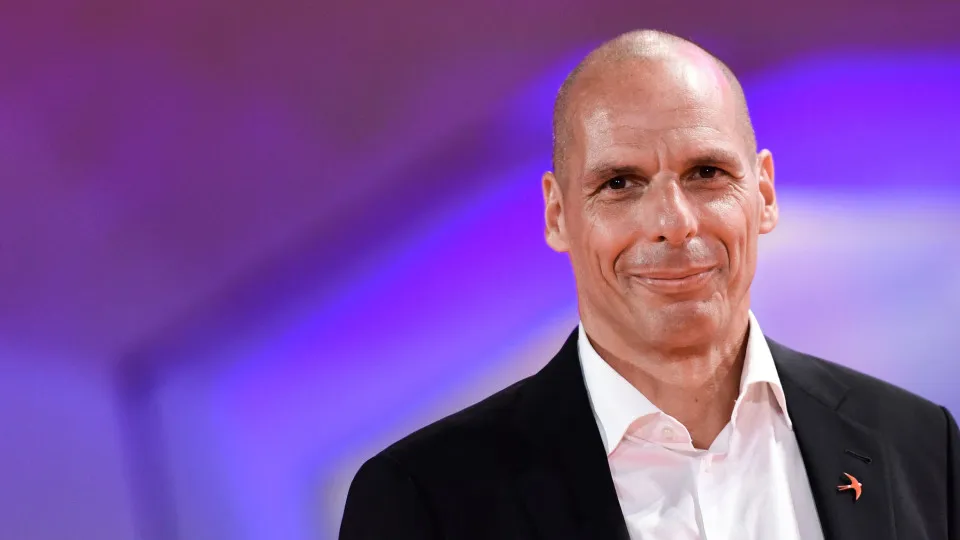
The return to a feudal past in the era of technology and Artificial Intelligence is the central idea of the new book by Greek economist Yanis Varoufakis, “Technofeudalism – Or the End of Capitalism,” now published in Portugal by Objectiva (Penguin Random House).
“Viewed as a whole, it becomes evident that the global economy is increasingly driven less by profit and more by cloud rent,” writes Varoufakis, distinguishing between the concepts of rent and profit, the latter being a good or commodity to which value is added.
The holders of technological power, whom he calls the “cloudalists,” are the new overlords of the political system to whom traditional capitalists pay homage in the form of rents.
At the base of the pyramid are the proletarians and serfs of the system, users of platforms and social networks who simultaneously feed them and provide clues and information for the algorithms to work out the best ways to capture their attention, serving the vassal-capitalists to sell their goods.
For the former Greek Finance Minister during the ‘troika’ period, “capitalism languishes as a result of expanding capitalist activity.”
“It was through capitalist activity itself that technofeudalism was born, and that is how it is conquering power. After all, how could it be otherwise,” he asks.
In a dialogue with his late father, referencing everything from Greek mythology to pop culture, Varoufakis draws on technological changes over the past two decades to show how they have led to the predominance of technological platforms over traditional markets.
Numerous examples are given in the U.S. economy, citing cases of companies like Apple, Google, Tesla, or Amazon, but also, in the Chinese case, TikTok, Alibaba, Tencent, Baidu, Ping An, or JD.com.
“From factory owners in the Midwest of the United States to poets struggling to sell their latest anthology, from Uber drivers in London to street vendors in Indonesia, they all now depend on some cloud fiefdom to reach their customers. It’s progress, in a way,” he writes.
Varoufakis notes that “the time has passed when, to collect rent, feudal lords would send thugs to break legs or spill their vassals’ blood.”
In his opinion, “cloudalists do not need enforcers to confiscate goods or carry out evictions. They simply remove a link from the vassal’s page in the cloud, causing them to lose access to most of their clients. And just removing one or two hyperlinks from Google’s search engine or some social media and e-commerce sites could make them disappear from the online world altogether.”
“Technofeudalism is based on sanitized and technological terror,” concludes the former Greek minister, after pointing out the power of certain companies, like Tesla, to turn off the operating system of their cars, or Google or Apple, by removing their operating systems from a particular mobile phone brand.
The Greek economist, who holds a doctorate from the University of Essex in the UK, foresees a new “Cold War,” this time between the United States and China, in defense of their respective rent-seekers. He also recalls the creation of the digital yuan by Chinese authorities to bypass obstacles, with serious implications for Europe, but especially for developing countries like India and all nations in Africa and Latin America.
“The absence of cloud capital in Europe means that the new Cold War, combined with the energy shock from the war in Ukraine on its industries, has already made this continent geostrategically irrelevant,” he argues.
Varoufakis points out the dangers of this new system for liberal values and democracy itself, suggesting possible ways to reverse it.




